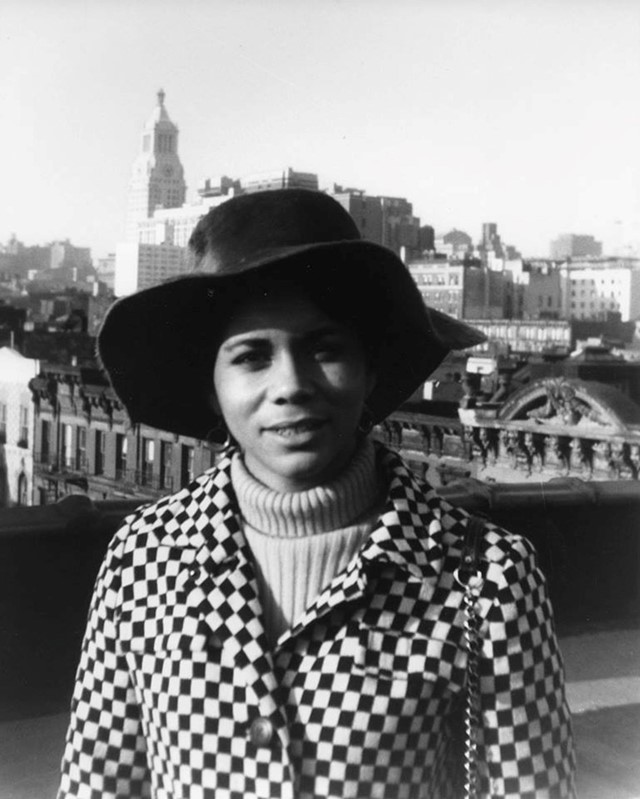We look back on the distinctive life and career of a true creative polymath, ahead of the release of her posthumously published short story collection
Kathleen Collins wore many hats, both literally and figuratively. A black and white photograph of her in front of New York’s skyline shows the writer, filmmaker and activist in a wide-brimmed felt number, paired effortlessly with a checkerboard coat and a chunky ribbed turtleneck. It’s a masterclass in texture, a skill also evident in the artist’s fierce prose, which layers cinematic form over stories rich in characters and ideas. Collins, who grew up in New Jersey, died of breast cancer in 1988 at the age of 46. During her lifetime she was known predominantly as a playwright and film professor, but in 2015 her feature film Losing Ground (1982), which had never received a theatrical release, premiered to packed out crowds at New York’s Lincoln Centre. Focusing on issues of race, class and romantic love, her writing and films crackle with wit, sensuality and a steady fury directed at a world in which models of black femininity were (and still are) sorely limited. Had Collins’ work been widely distributed during her own lifetime, New Yorker critic Richard Brody observes: “it would have marked film history”.
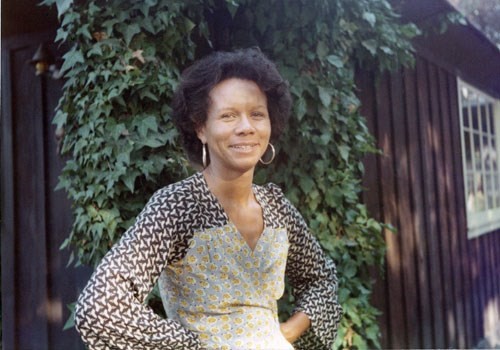
Defining Features
According to Collins’ daughter, Nina, the effervescent artist favoured “tall boots; short skirts” an afro and “heavily made up eyes”. She was dedicated to her work, and could often be found drumming at her typewriter’s keys or cutting film on the Steenbeck editing table that lived in the family dining room. Her output was both deeply personal and powerfully political in its exploration of New Jersey’s black bourgeoisie and draws from Collins’ own upbringing, relationships and experiences during the 60s civil rights movement. Whatever Happened to Interracial Love?, forthcoming in February, is the first time Collins’ stories have been collected and published in one volume.
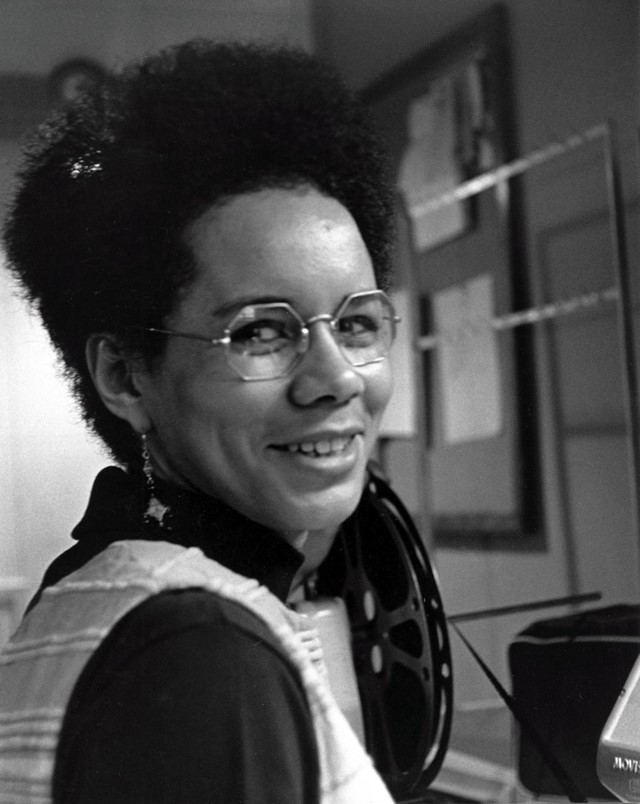
Seminal Moments
Demonstrating her literary talent at an early age, Collins (née Conwell) won a poetry reading contest at the age of 15 and went on to edit her school’s newspaper. As an undergraduate at Skidmore College, she majored in French and became president of her class. Kathleen became a vocal advocate for civil rights while still in school through her work with the Student Nonviolent Coordinating Committee (SNCC). She used her eloquence and oratory skills to pen moving speeches and encouraged young people of colour to register to vote.
After a stint at the Sorbonne, where she earned an MA, Collins became interested in the films of Éric Rohmer. The French director’s relaxed style of filmmaking — with its focus on dialogue, philosophical thought and inner passion — undoubtedly influenced Collins’ later work. Losing Ground, sadly the only feature the filmmaker completed, follows a black married couple who find themselves at a crossroad when their intellectual and creative pursuits threaten to take them in different directions. It is shot in a languid style, allowing the characters’ individual charms and vivid inner turmoils to unspool at a natural pace, and a struggle between mind and body is dramatised through erudite discussion and dance resulting in a film overflowing with both style and substance.
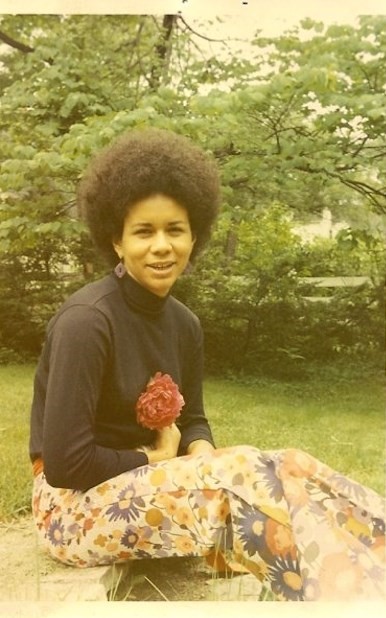
She’s AnOther Woman Because…
That Kathleen Collins’ small but vital creative output feels fresh and urgent almost 20 years after her death is a testament to the writer’s visionary talent. It’s also a telling indictment of cultural gatekeepers who for too long have ignored and othered voices from BAME communities. As the poet Elizabeth Alexander writes in the foreword to Collins’ short story collection: “The very existence of this book feels to me like an assurance that while we may think we have done our archival work and unearthed all the treasures of black thinking women, there is always something more to find. We have literary foremothers who are not just the ones we know we had, who continue to remind us of ourselves: Our minds are intricate. Our desires are complex. We are gorgeously contradictory in our epistemologies. We were not invented yesterday.”
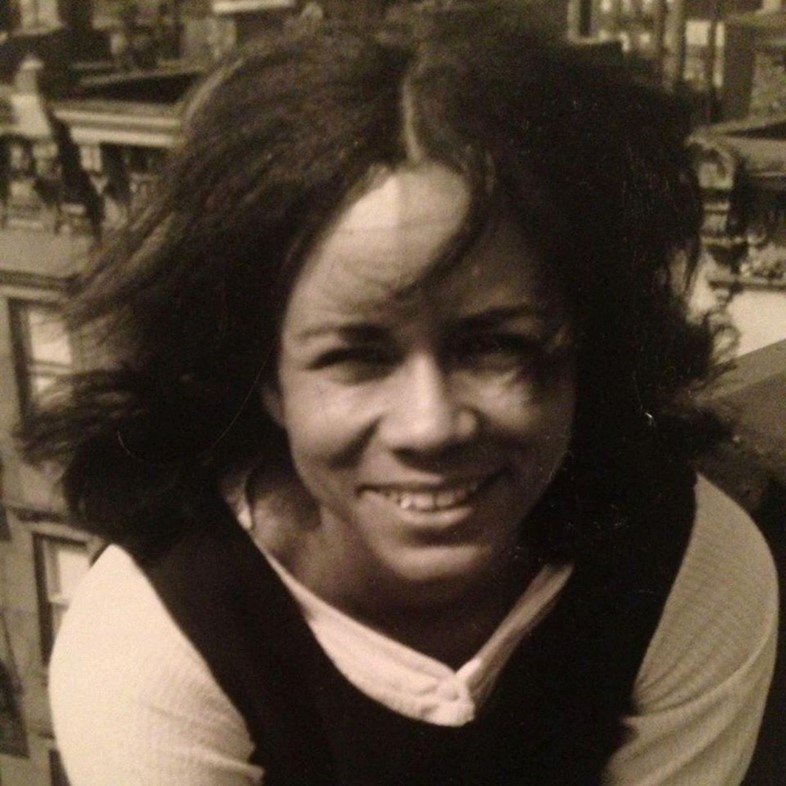
Whatever Happened to Interracial Love? a collection of Kathleen Collins’ short stories, will be released by Granta on February 2, 2017.
